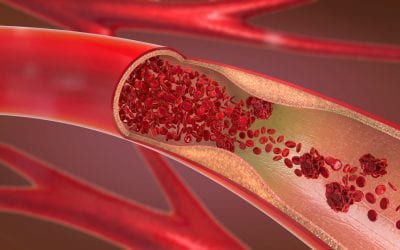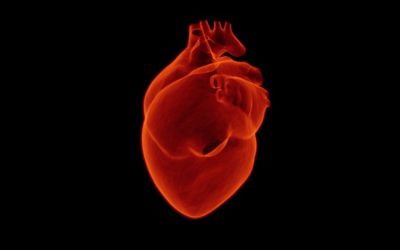News
If-then plans might help moderating alcohol consumption
Forming implementation intentions (i.e., if-then plans) might be a successful strategy not to drink too much alcohol. A recently published meta-analysis1 shows that forming implementation intentions produces small but significant reductions in weekly consumption but has no effect on heavy episodic drinking.
Association between alcohol and venous thromboembolism not clear yet
The association between alcohol consumption and venous thromboembolism (VTE), also known as blood clots in the veins, is not yet clear. A recently published meta-analysis1 suggests that alcohol intake is not related with the risk of VTE. Although some results imply a potential protective role of moderate alcohol consumption against VTE for women. More research is needed.
Abstinence from alcohol appears to be associated with an increased risk for all-cause dementia
Drinking up to 40 g of alcohol a day is associated with a lower risk of dementia when compared with life-time abstaining. This is the outcome of a recent systematic review including 15 cohort studies from countries situated in six continents including almost 25,000 participants over 60 years of age.1 Of course results of this study need to be put into context of results of studies with other health outcomes.
Modifiable risk factors for cancer, including alcohol consumption, analysed
A large study1 published in The Lancet investigates cancer burden attributable to potentially modifiable risk factors. The researchers found that worldwide 44.4% of cancer deaths and 42% of DALY’s (=disability-adjusted life-years) are attributable to modifiable risk factors like smoking, unhealthy diet, drinking alcohol and high BMI.
Large study shows small amounts of alcohol may be beneficial for people over forty
Although there is no misunderstanding that drinking too much alcohol is harmful, the relationship between moderate alcohol use and health is complex. A new study1, published in The Lancet, analyses the daily alcohol intake that minimises health risks based on worldwide data. For individuals aged 40 years and older, drinking small amounts of alcohol seems to have some beneficial effects, but drinking more increases health risks. For younger people the amount of alcohol that minimizes health risks is zero or close to zero.
Research on beer and menopause wins Beer and Health Publication Award 2021
Marta Trius-Soler wins the Beer and Health Publication Award 2021 with her publication on the effect of moderate beer consumption on menopausal symptoms. This is the second year on a row the Beer and Health Publication Award is awarded to the lead author of the best, most remarkable study focusing on moderate beer or alcohol consumption. Trius-Soler wins a monetary prize of 1,000 euro and may present her research findings during the next Beer and Health symposium in 2023.
Changes in alcohol consumption during COVID-19 pandemic in Europe
More people reduced than increased their alcohol use since the onset of the COVID-19 pandemic in Europe. Those already drinking at high levels prior to COVID-19 mainly increased their alcohol consumption. This is the outcome of a recent meta-analysis.
Alcohol and the heart: a closer look at different research methods
What is the effect of alcohol consumption on cardiovascular disease? It is particularly difficult to investigate the effect of moderate consumption. A new study uses both the common research method and a newer method based on genetic variation. The common research method shows a protective effect on hypertension and coronary artery disease with moderate alcohol consumption. Adjusting for lifestyle factors slightly weakens this favorable association. The newer method of determining alcohol consumption on the basis of genes shows a slight increase in hypertension and coronary artery disease with moderate consumption.
Alcohol consumption might be increased when mood is more intense
Why do people drink more or less alcohol? Does it have anything to do with their mood? A study1 tries to answer these questions by analysing all studies done on this topic. The authors conclude both elevated negative and increased positive mood is associated with increased alcohol consumption, although the effects are small. Overall, findings point towards the possibility of developing a theory on affect intensity regulation of alcohol use.
Blood lipoproteins may play a role in the beneficial cardiovascular effects of moderate alcohol consumption
Moderate alcohol consumption is associated with decreased risk of cardiovascular disease (CVD) and improvement in cardiovascular risk markers. Up to 60 g of alcohol a day can cause changes in lipoprotein subfractions, mainly HDL subfractions, and its related functions that could explain the influence on cardiovascular health. This is the outcome of a recent systematic review including both observational and intervention studies.









